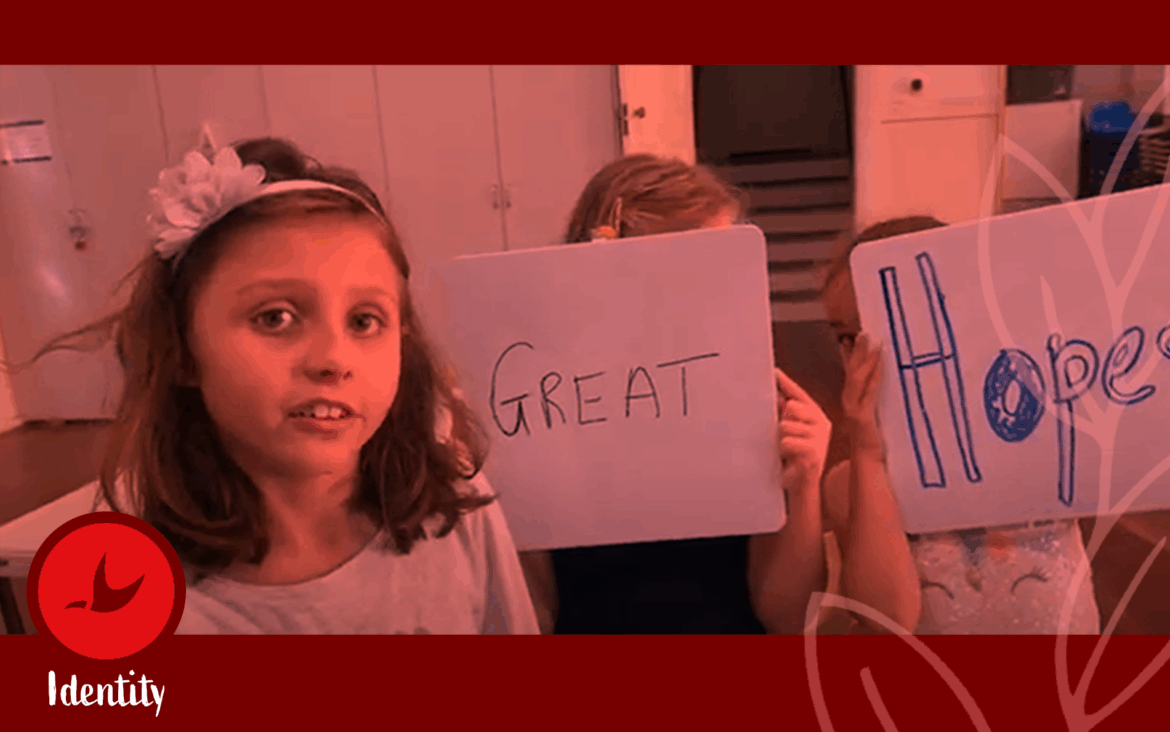The Uniting Church is often likened to a mighty river, flowing through the rich landscape of Australian Christianity. Formed in 1977 through the confluence of the Methodist, Presbyterian, and Congregationalist traditions, it embodies the harmonious blending of diverse theological streams into one expansive and inclusive faith community. This denomination represents a compelling tapestry woven from historical strands of unity, pragmatism, and a passionate commitment to social justice.
Historically, the Uniting Church emerged from a fertile ground of ecumenical dialogue. The ethos of the church is rooted in the belief that unity among Christians is paramount, reflecting the prayer of Christ for his followers to be one. This historical context shapes its identity, positioning it within the broader narrative of Christianity as a movement toward unity rather than division. With its formation, the church sought to answer a divine call — a call for reconciliation and collaboration among different Christian traditions.
The foundation of the Uniting Church’s beliefs can be traced back to the doctrinal tenets of its parent denominations. At its core, the Uniting Church adheres to a Christocentric approach, centering its faith on the life, death, and resurrection of Jesus Christ. This belief is articulated through the Apostles’ Creed, the Nicene Creed, and a commitment to the authority of Scripture, albeit with an assurance that interpretation must reflect the context of contemporary society. Thus, the church embraces both tradition and progress, inviting congregants to engage deeply with their faith while considering modern insights.
One of the distinctive features of the Uniting Church lies in its understanding of sacraments. Baptism and Communion stand at the forefront, but with a unique lens. Rather than viewing these as rigid rituals, they are seen as vehicles of grace, fostering community and spiritual growth. Baptism is considered an invitation into a larger story — the narrative of God’s unwavering love. Communion, on the other hand, is celebrated not merely as a remembrance of Christ’s sacrifice but as a dynamic embodiment of fellowship among believers. The table is open to all, underscoring the church’s commitment to inclusivity.
Social justice is woven into the very fabric of the Uniting Church’s mission. The church has historically championed issues such as indigenous rights, environmental conservation, and poverty alleviation. This commitment to social equity stems from a theological perspective that recognizes God’s call to care for the marginalized and oppressed. As a result, the Uniting Church not only preaches the Gospel but actively pursues actions that reflect the heart of Christ in today’s world, embodying a faith that is both contemplative and active.
The appeal of the Uniting Church is further accentuated by its embrace of diversity. As a denomination that welcomes a myriad of perspectives, from theological interpretations to cultural expressions, it stands as a reminder that faith is not monolithic. This inclusivity draws individuals from varied backgrounds, fostering a rich dialogue that challenges and enriches understanding. It recognizes the beauty of difference as a testament to the multifaceted nature of the divine.
The governance structure of the Uniting Church enhances its commitment to equality and participation. Decisions are made on multiple levels, empowering congregations and laity substantially in the life of the church. This democratic ethos resonates with those who yearn for a faith community where voices are valued, creating a space for active engagement rather than passive acquiescence. To many, this model appears as a refreshing alternative to hierarchical systems, nurturing a sense of belonging and shared purpose.
Moreover, the Uniting Church places significant emphasis on education, fostering an environment where faith and intellect coexist. Through congregational study groups, theological colleges, and community outreach programs, members are encouraged to explore their beliefs critically and explore the implications of their faith in real-world contexts. This intellectual engagement equips congregants to navigate the complexities of modern life with a Christ-centered framework.
Looking toward the future, the Uniting Church faces challenges familiar to many contemporary religious institutions. The societal shift towards secularism, coupled with emerging cultural conversations surrounding gender and sexuality, demands a thoughtful response. While remaining steadfast in its theological heritage, the Uniting Church endeavors to remain relevant and accessible. It seeks to articulate a faith that resonates with the spiritual yearnings of a new generation, offering a narrative that is both ancient and fresh.
In conclusion, the Uniting Church occupies a distinctive place in the tapestry of global Christianity. Its rich heritage of unity, commitment to social justice, embrace of diversity, and dedication to educational engagement render it a vibrant and dynamic expression of faith. For those drawn to its shores, the Uniting Church provides not only a home but an invitation into a broader narrative — one that seeks to reflect the love of Christ in both word and action, compelling believers to engage wholeheartedly with both faith and the world around them. It is a place where the river of tradition flows into the ocean of possibility, creating waves of hope that ripple far beyond its shores.



